Year 2
The English curriculum is built around the three interrelated strands of language, literature and literacy. Teaching and learning programs should balance and integrate all three strands. Together, the strands focus on developing students' knowledge, understanding and skills in listening, reading, viewing, speaking, writing and creating. Learning in English builds on concepts, skills and processes developed in earlier years, and teachers will revisit and strengthen these as needed.
In Year 2, students communicate with peers, teachers, students from other classes and community members.
Students engage with a variety of texts for enjoyment. They listen to, read, view and interpret spoken, written and multimodal texts in which the primary purpose is to entertain, as well as texts designed to inform and persuade. These encompass traditional oral texts, picture books, various types of print and digital stories, simple chapter books, rhyming verse, poetry, non-fiction, film, multimodal texts, dramatic performances and texts used by students as models for constructing their own work.
The range of literary texts for Foundation to Year 10 comprises Australian literature, including the oral narrative traditions of Aboriginal and Torres Strait Islander Peoples, as well as the contemporary literature of these two cultural groups, and classic and contemporary world literature, including texts from and about Asia.
Literary texts that support and extend Year 2 students as independent readers involve sequences of events that span several pages and present unusual happenings within a framework of familiar experiences. Informative texts present new content about topics of interest and topics being studied in other areas of the curriculum. These texts include language features such as varied sentence structures, some unfamiliar vocabulary, a significant number of high-frequency sight words and words that need to be decoded phonically, and a range of punctuation conventions, as well as illustrations and diagrams that support and extend the printed text.
Students create a range of imaginative, informative and persuasive texts including imaginative retellings, reports, performances, poetry and expositions.
(source: www.australiancurriculum.edu.au)
Achievement Standard
Receptive modes (listening, reading and viewing)
By the end of Year 2, students understand how similar texts share characteristics by identifying text structures and language features used to describe characters and events, or to communicate factual information.
They read texts that contain varied sentence structures, some unfamiliar vocabulary, a significant number of high-frequency sight words and images that provide extra information. They monitor meaning and self-correct using knowledge of phonics, syntax, punctuation, semantics and context. They use knowledge of a wide variety of letter-sound relationships to read words of one or more syllables with fluency. They identify literal and implied meaning, main ideas and supporting detail. Students make connections between texts by comparing content. They listen for particular purposes. They listen for and manipulate sound combinations and rhythmic sound patterns.
Productive modes (speaking, writing and creating)
When discussing their ideas and experiences, students use everyday language features and topic-specific vocabulary. They explain their preferences for aspects of texts using other texts as comparisons. They create texts that show how images support the meaning of the text.
Students create texts, drawing on their own experiences, their imagination and information they have learnt. They use a variety of strategies to engage in group and class discussions and make presentations. They accurately spell words with regular spelling patterns and spell words with less common long vowel patterns. They use punctuation accurately, and write words and sentences legibly using unjoined upper- and lower-case letters.
(source: www.australiancurriculum.edu.au)
- Plus Plan
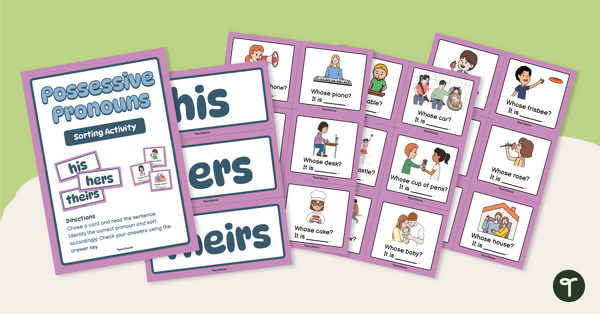
Possessive Pronouns Sorting Activity
Use this sorting activity in your grammar lessons to teach your students about possessive pronouns.
- Plus Plan

Story Bag Surprise - Story Elements Digital Activity
Introduce and explore different story elements with this story bag surprise digital activity for the whole class to enjoy.
- Plus Plan
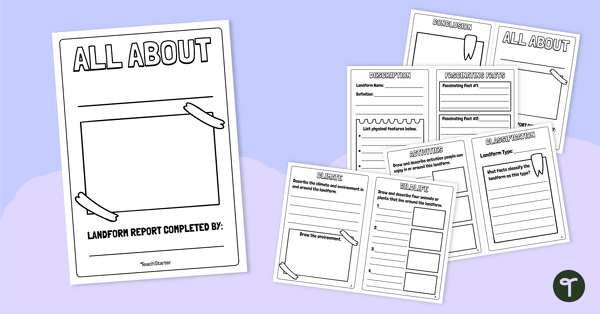
Landform Report – Mini Book Template
Download this information report template to use when teaching informative writing to primary students.
- Free Plan
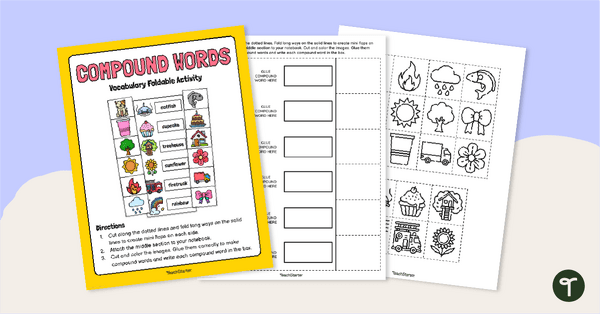
Compound Words Vocabulary Foldable
Create a fun Compound Word foldable with a printable template for your students’ interactive notebooks.
- Plus Plan
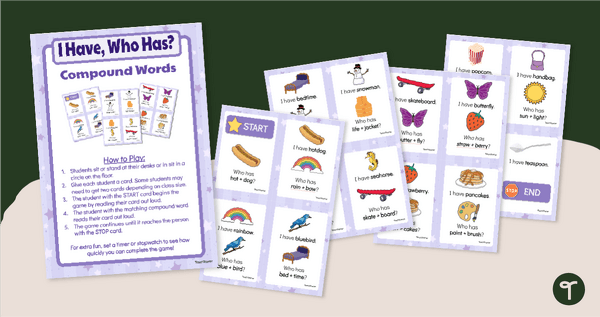
Compound Words I Have, Who Has? Game
Play a whole-class game to review common compound words and their meanings.
- Plus Plan
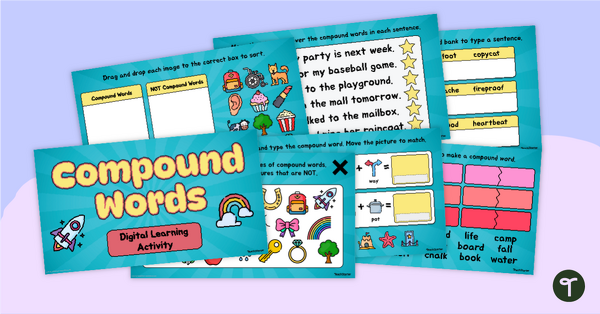
Compound Words Digital Learning Activity
Use a digital learning activity to help your students practise identifying, reading, and creating compound words.
- Plus Plan
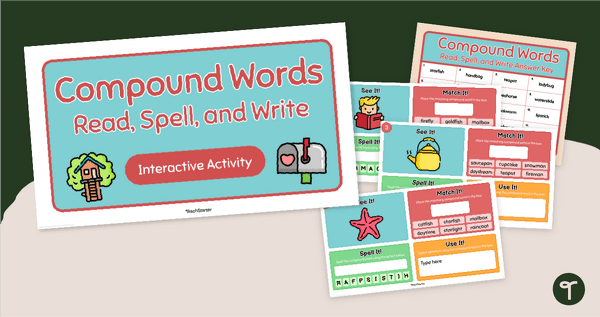
Compound Words - Read, Spell, & Write Interactive
Build skills in reading and writing compound words with a Google Slides Digital Learning resource.
- Plus Plan
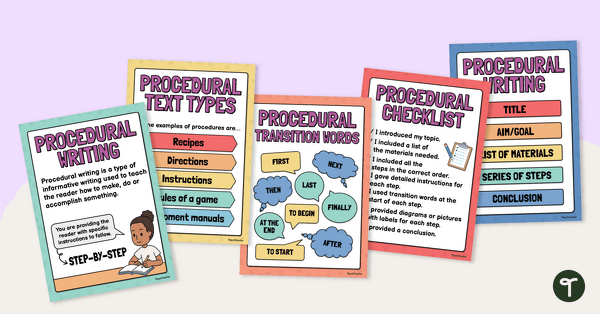
Procedural Writing Posters
Display this set of 5 procedural writing posters in your classroom during your procedural writing unit.
- Plus Plan
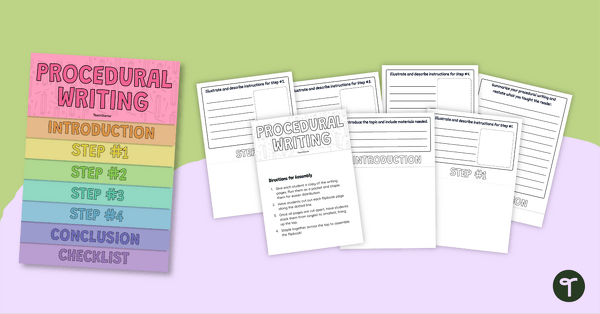
Procedural Writing Flipbook
Get your students to write a procedure text using this easy-to-compile flipbook scaffold.
- Plus Plan
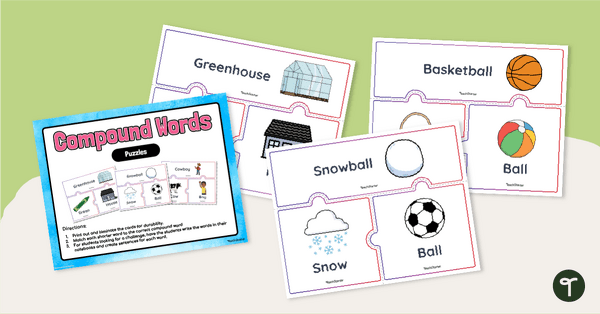
Compound Word Puzzles
Have fun combining words to make compound words with a fun set of compound word puzzles.
- Plus Plan
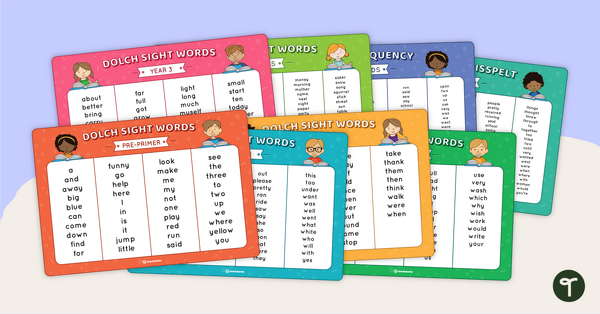
Dolch Sight Words List – Complete Set
Practise word recognition with our set of 8 Dolch Sight Word Lists.
- Plus Plan
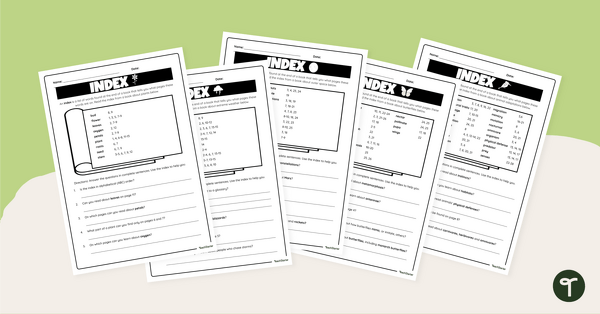
Using Indexes Worksheets
Teach students about the index text feature with this set of worksheets perfect for primary students.
- Plus Plan
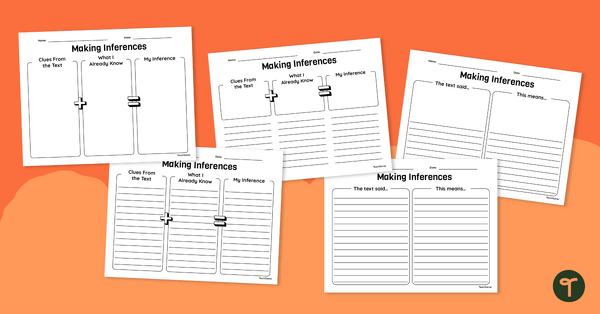
Making an Inference – Graphic Organiser Pack
Use these graphic organisers with your students when teaching them how to use text evidence to make inferences.
- Plus Plan
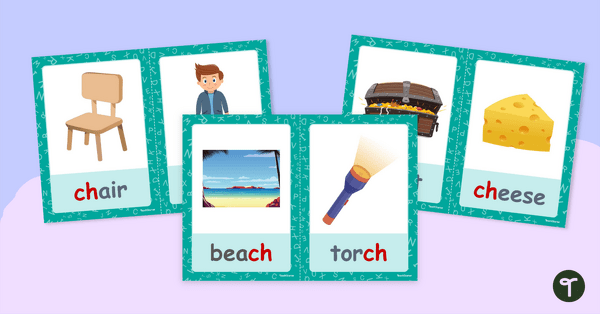
Ch Digraph Words With Images
Learn words that contain the 'ch' digraph with these word and picture flashcards.
- Plus Plan
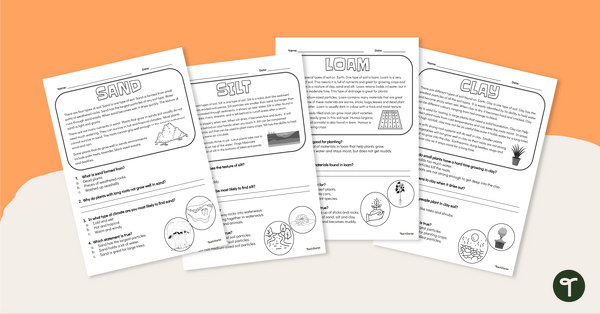
Types of Soils – Comprehension Worksheets
Explore the properties of sand, silt, loam and clay with a set of 4 reading passages with accompanying comprehension questions.
- Plus Plan
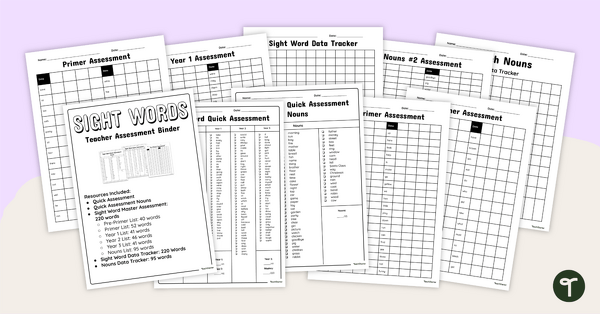
Literacy Teaching Toolkit - Sight Word Assessments
Track Dolch sight word mastery with this set of printable assessments and data sheets to add to your literacy teaching toolkit.
- Plus Plan
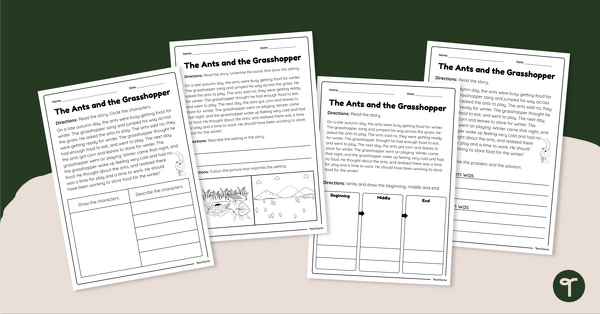
Story Elements Worksheets – The Ants and the Grasshopper
Practise identifying the story characters, settings and main events with this set of worksheets based on a traditional tale.
- Plus Plan
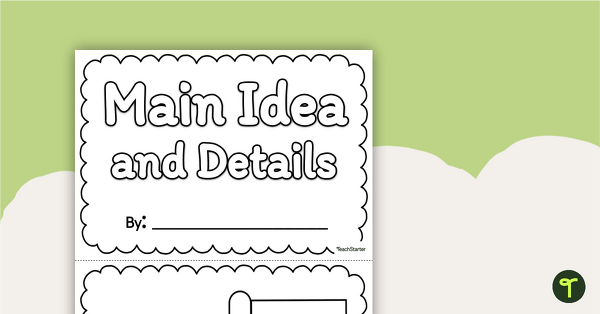
Main Idea and Details Mini-Book
Practise identifying the main idea and supporting ideas in a variety of texts by completing this mini-book.
- Plus Plan
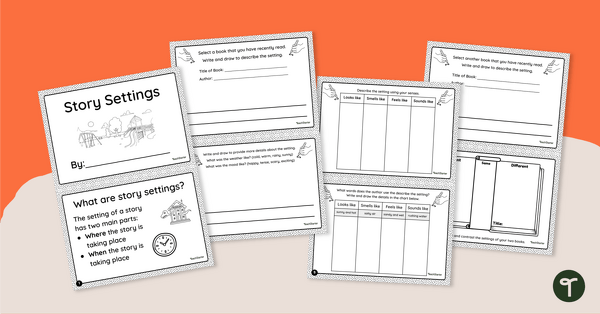
Story Settings Mini Book
Allow your little learners to explore and write about story settings with this fun-sized mini-book.
- Plus Plan
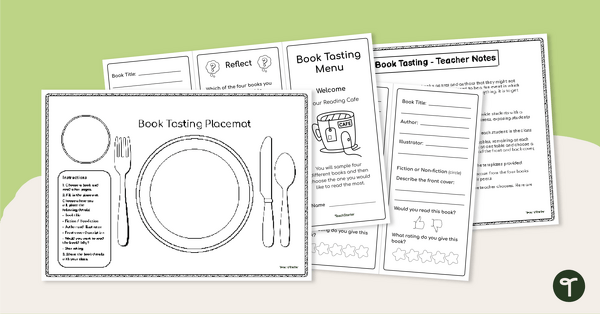
Book Tasting Placemat and Brochure Templates
Expose your students to new books, authors and genres with this student-centred book tasting activity.
- Free Plan
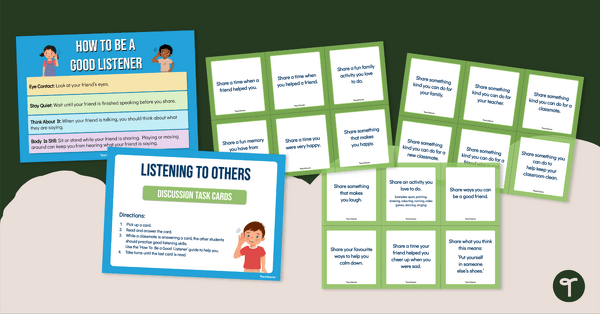
Listening to Others – Discussion Task Cards and Poster
Give students the opportunity to work on their listening skills and learn what it means to be a good listener with this set of 42 discussion cards and classroom poster.
- Plus Plan
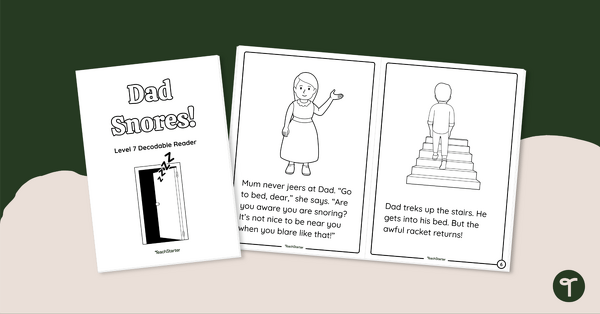
Dad Snores! - Decodable Reader (Level 7)
Develop confident, successful readers with this phonics-based, printable decodable book.
- Plus Plan
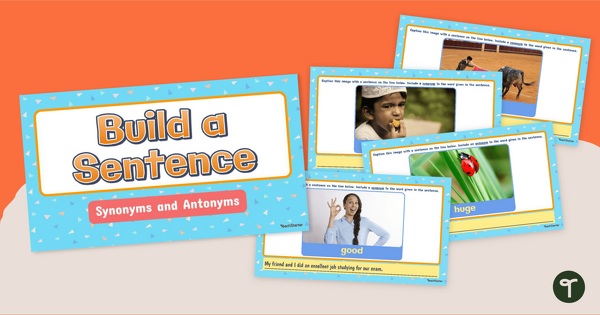
Synonyms and Antonyms - Build a Sentence Interactive
Build a strong vocabulary and sentence-writing skills with an interactive synonyms and antonyms sentence-building activity.
- Plus Plan
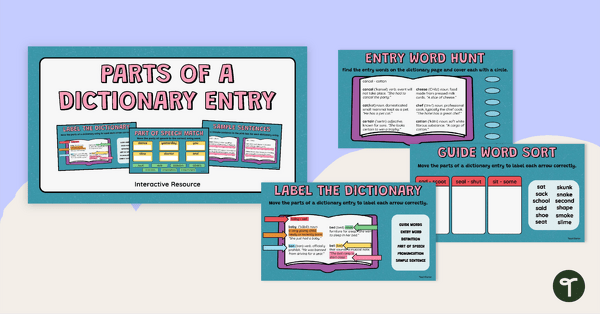
Dictionary Skills Interactive Activity
Practise dictionary skills with this engaging interactive activity.
- Plus Plan
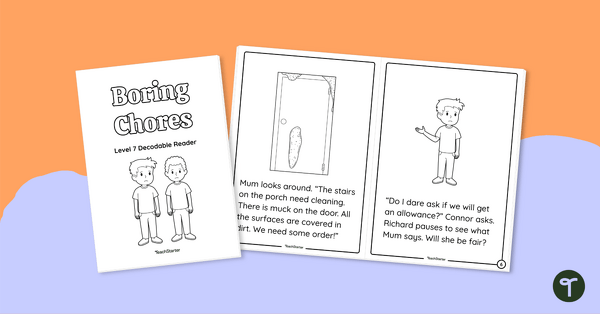
Boring Chores - Decodable Reader (Level 7)
Develop confident, successful readers with this phonics-based, printable decodable book.
- Plus Plan
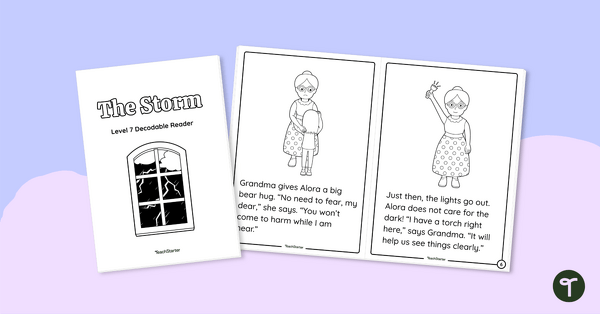
The Storm - Decodable Reader (Level 7)
Develop confident, successful readers with this phonics-based, printable decodable book.
- Plus Plan
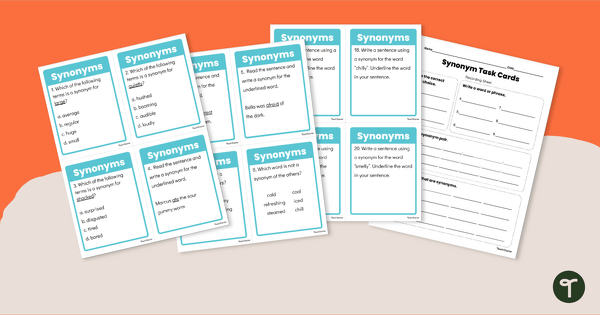
Synonym Task Cards
Build vocabulary and recognition of synonyms with a set of Synonym task cards.
- Plus Plan
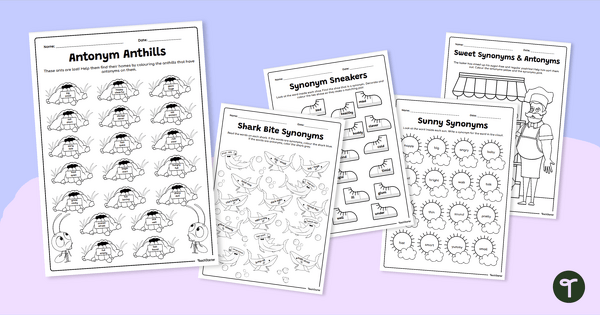
Synonyms and Antonyms - Worksheet Pack
Practice identifying and using synonyms and antonyms with five fun vocabulary worksheets.
- Plus Plan
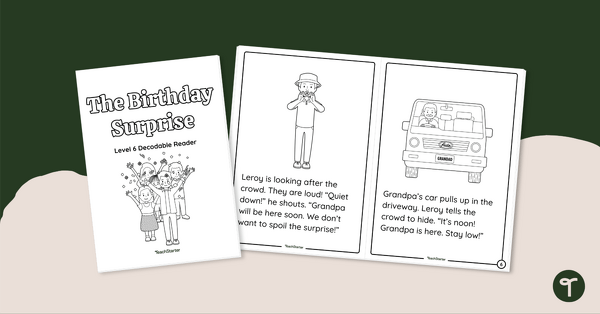
The Birthday Surprise - Decodable Reader (Level 6)
Develop confident, successful readers with this phonics-based, printable decodable book.
- Plus Plan
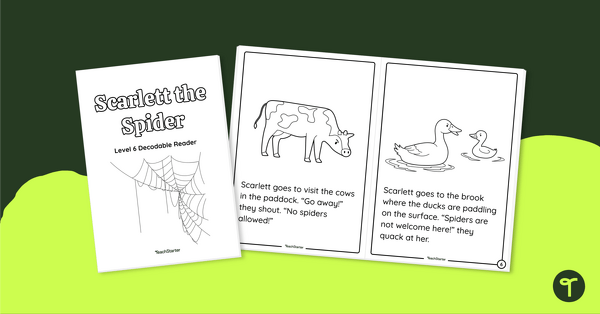
Scarlett the Spider - Decodable Reader (Level 6)
Develop confident, successful readers with this phonics-based, printable decodable book.
- Plus Plan
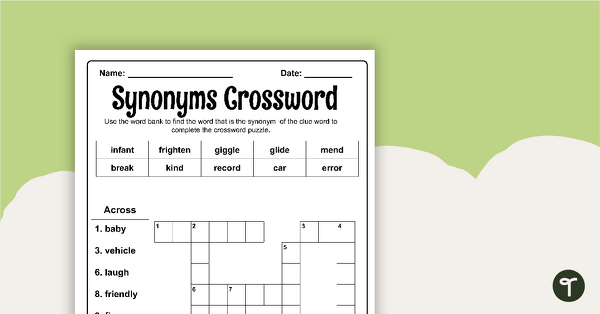
Synonyms - Vocabulary Crossword Puzzle
Boost vocabulary skills with a fun synonym crossword puzzle.
- Plus Plan
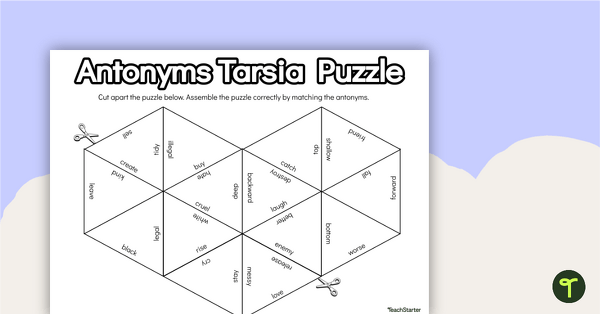
Antonyms Tarsia Puzzle
Match antonym pairs with an engaging opposite words tarsia puzzle.